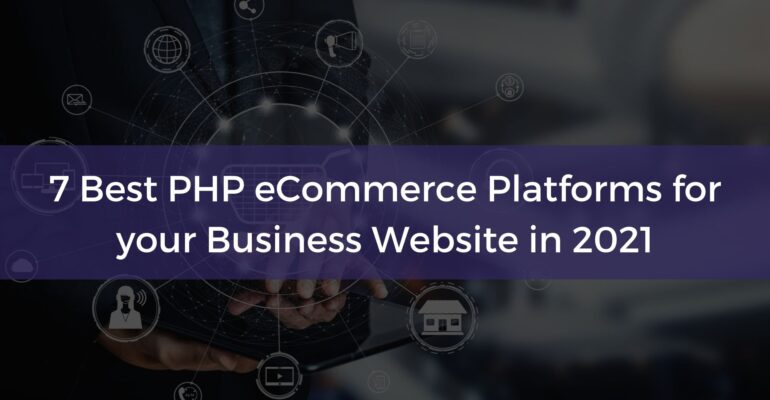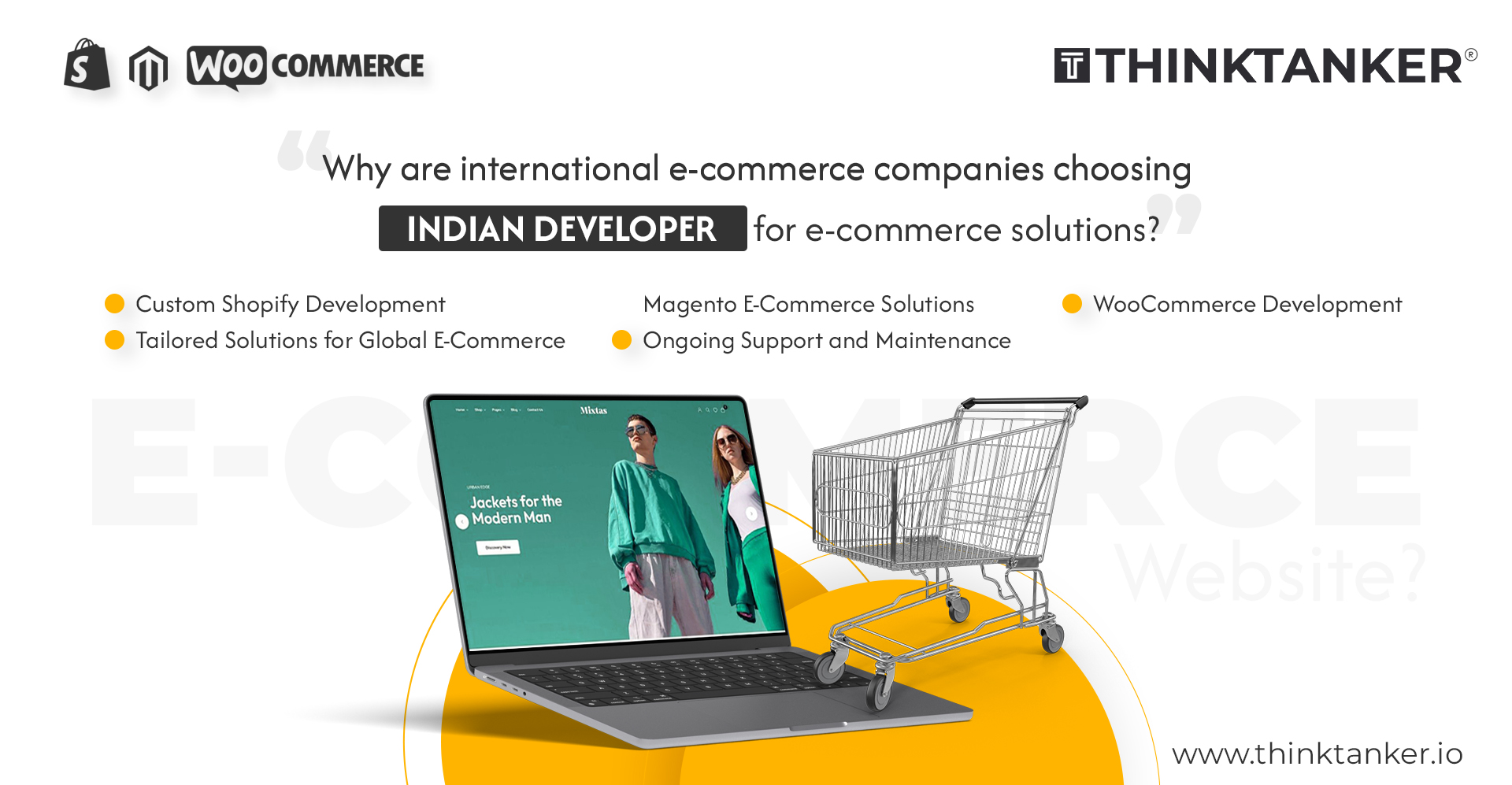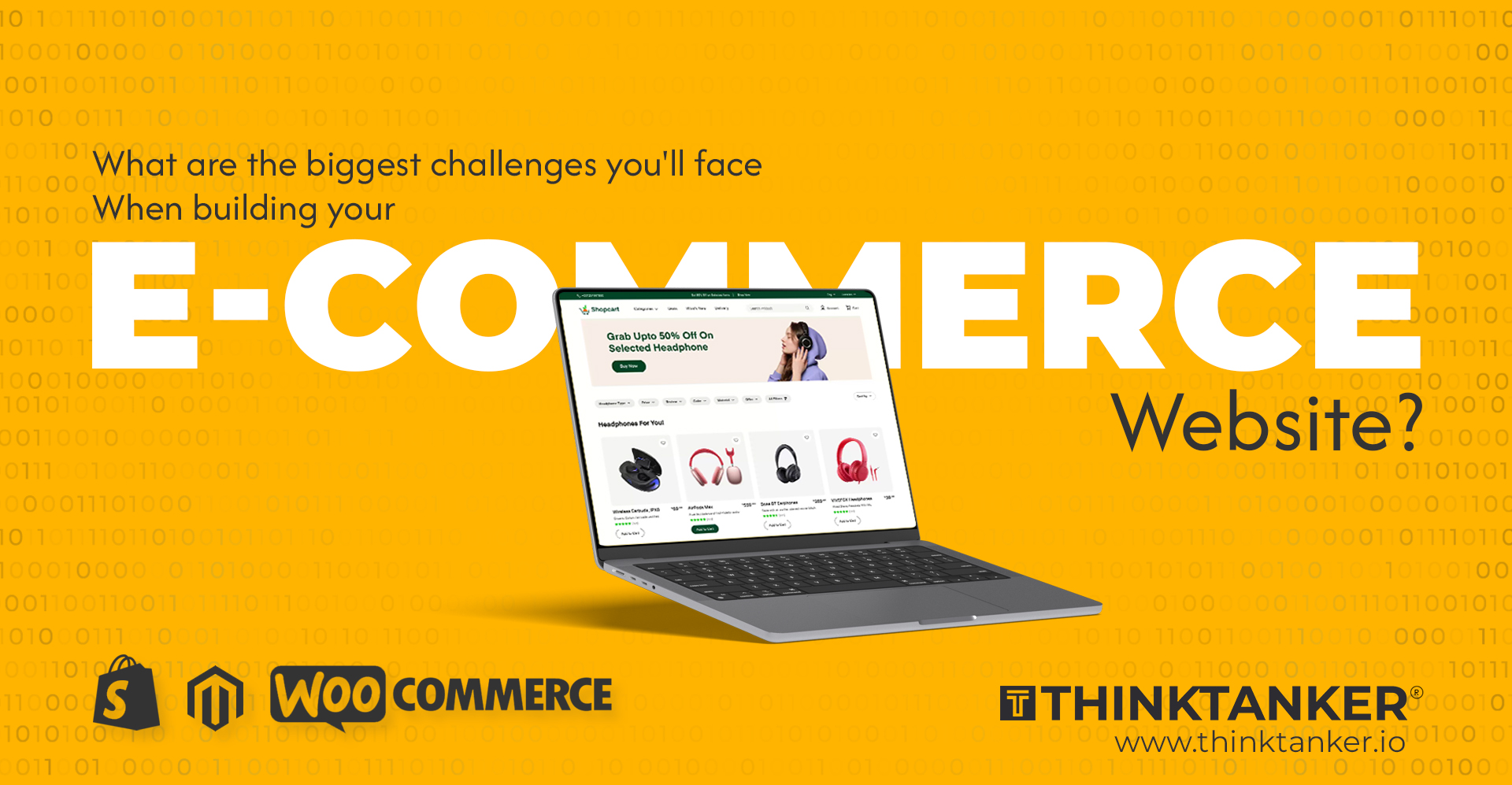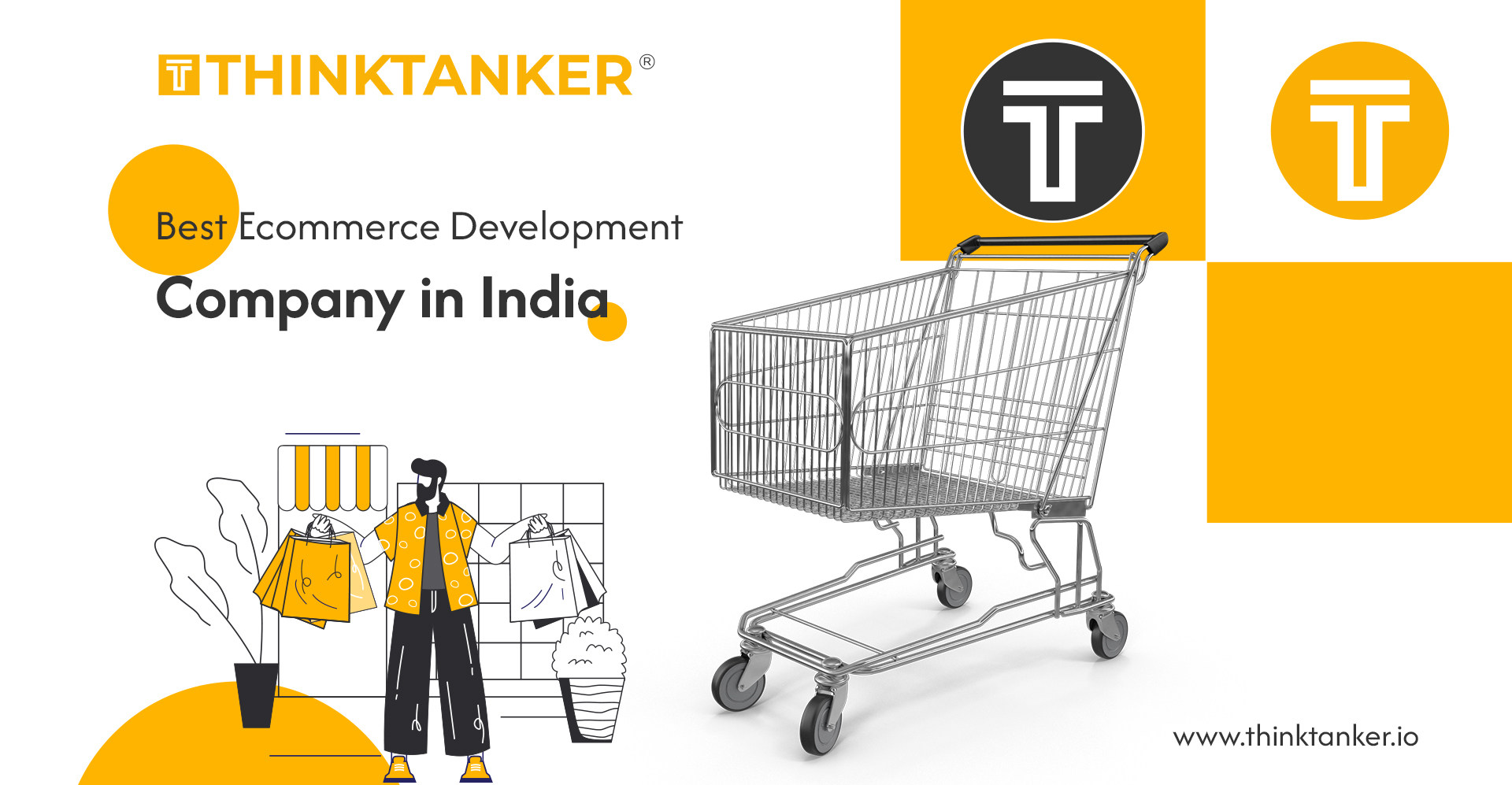7 Best PHP eCommerce Platforms for your Business Website in 2021

Building an online store is different from your brick and mortar business. Digital transformation needs the right tools. PHP-based platforms are your best friends for this endeavor. These platforms can help you build robust e-commerce websites.
According to eMarketer.com, the eCommerce economy is bound to reach $5 trillion by 2021. The economy will see a growth rate of over 20% from 2020. It states how eCommerce websites are dominating the retail economy across the globe.
It is because of such a high surge in eCommerce websites that there are several open-source PHP platforms. Some of them provide the best tools for product representation, inventory management, online payments, and even CRM(Customer Relationship Management). Some of these platforms also have features for product marketing and promotional campaigns.
PHP is a general-purpose scripting language. It has very easy to use syntax. It is perfect for your eCommerce codding needs. Many platforms offer advanced PHP programming support.
Let’s explore some of them.
1. WooCommerce:
It is a WordPress plugin for eCommerce development. WooCommerce supports PHP-based programming for developers. It is a free plugin. But, there are paid plans too. It is very easy to install and instantly helps with PHP scripting. There are several pros and cons to this platform. Let’s know some of them.
Pros:
Freemium:
WooCommerce is an open-source eCommerce platform. Though there is a certain extension in a platform that is payable. It is a completely free eCommerce WordPress plugin with excellent features for your eCommerce development.
Customization:
There are many themes for you to explore. Apart from the fact that it needs WordPress expertise, it provides all the customizations. Features such as header, footer, shopping cart, checkout page, and others can be customized with WooCommerce.
Flexibility:
It offers complete flexibility for your online store. The WordPress plugin adapts to any niche or market. It can be used to set up downloadable products also. You can also create features for physical product sales or a digital subscription.
Cons:
WordPress Expertise:
WooCommerce is not an independent platform like Shopify or Magento. It needs WordPress expertise. So, you might have to look at WordPress developers that are experts with WooCommerce plugins.
Extensive Plugins:
There are too many plugins and themes on the offer by this platform. WooCommerce developers are often confused and install too many plugins. Such an overload of the plugins can lead to low memory. So, the overall process becomes slow.
2.Shopify:
Shopify is a sort of hosted platform for eCommerce development. It is like contracting a single person to build an entire building. You get everything in one place. It is one of the best Software as a Solution (SaaS) platform for eCommerce. It powers more than 200 thousand online stores.
It provides several themes and templates for the developers. Shopify stores are known for their third-party apps. There is a huge store of free and paid apps provided by the platform.
Pros:
Technicality:
Shopify is very easy to use. Even a person without much technical; knowledge can operate Shopify. It has several features that make it the perfect choice for your eCommerce development.
Themes:
It provides a huge range of free and paid themes. The free themes are great for basic eCommerce websites. But, the most amazing part is it offers, amazing customization. You can even tweak the code through the Shopify development company. It offers a special coding section in the theme customization. Here, PHP programming can come in handy for changes in code.
Shopify Apps:
Whether you want personalized communication with customers or have marketing handled right from your dashboard, Shopify apps make it happen. The Shopify app store has millions of third-party apps that you can integrate for better functions. They offer features like personalized emails. Order tracking, cart value estimations, and even multi-language support.
Product Pages:
It is the biggest advantage of using the Shopify platform. It provides ease of adding products to your websites. It offers multiple categorizations. It also offers tools that help you to easily upload product images and other information. It offers formation product collections for businesses. You can hire Shopify developer for product video integrations. You need to upload your product images in CSV files. Shopify also offers a gallery of images for your online store.
Cons:
Prices:
Pricing can be an issue. Shopify offers different plans. The plans start from $9 and go up to $29 per month or beyond. But, the difference among these plans often gets conceding for many eCommerce firms. The $9 Lite plan does not offer many functionalities and you need to pay more for higher features.
Blogger’s Nightmare:
Shopify does come with a blog feature. But, it is not that good. It does not match the level that WordPress may offer. Whether it is a music streaming business or an eCommerce store for jewelry, they all need content marketing. Shopify lacks effective content marketing tools. Though you can use some third-party apps for that.
3.Magento:
Magento is the most used eCommerce platform after Shopify. The second more rigorous avatar of Magento is powerful. The so-called Magento2 has sound database technology and best for excellent shopping cart applications. It has many pros and cons to it for eCommerce development.
Pros:
Code Optimizations:
Get amazing and seamless performance fro your eCommerce websites. Magento2 offers support for PHP7 and the above versions. So, you get optimized coding architecture. It helps you achieve better performance for your eCommerce websites.
Scalability:
Magento2 can offer greater scaling for your business. Especially merchants looking to tap into new markets can use Magento. It offers flexibility and features that can help you have better scaling.
SuperSpeed:
It offers high speed better than most eCommerce platforms. It has pre-built caching features with support for varnish. It means that your website pages will load 50% faster than other platforms.
Cons:
Development Time:
It takes too much time to develop websites. From catalogs to the database and from configuring the servers to launching a project, it takes more time than most platforms. Longer time to launch can harm a business idea. So, it is a probable disadvantage to the platform.
Costing:
Magento offers feature-rich websites. But, the costing part is a disadvantage. If you have common eCommerce needs, it can be worth a try. But, advanced features, third-party extensions, and other such tools need more expenditure.
4. BigCommerce:
It is an eCommerce platform that is popular for in-built sales tools with PHP support. Not all eCommerce development platform offers sales tools. But, BigCommerce aces the race. The interface helps even a person with less technical knowledge to develop eCommerce websites. But, there are certain limitations to this platform. So, let’s discover some pros and cons.
Pros:
One-Stop Solution:
It is an all in one solution for your eCommerce platform. It provides themes, catalogs, hosting, and payment integrations. Everything is in one place. You don’t need to hire developers for a simple online store. It offers more than 60 payment gateways without any third-party integrations.
Easy Interface:
It offers very easy to use interface for merchants. You can use the platform for adding products and inventory without technical knowledge. You can even maintain your inventory through the dashboard.
Transaction Fees:
BigCommerce does not charge any transaction fees over your sales. Some platforms charge 2% of transaction fee and this is different from the charge of payment gateways. So, you have to pay for two different charges. BigCommerce will save you from these charges and you will only need to pay a transaction fee for payment gateway.
Sales Channels:
Whether you want POS sales offering through a physical merchant or an online marketplace like Amazon, BigCommerce provides multiple sales-channel. These features are pre-built. So, you don’t need any extensions. It provides complete integrations to online and offline sales funnel.
Cons:
Addons:
Unlike Shopify and Magento, it does not have an extensive app store. Though it offers many features that are pre-built in the platform, you will not find many options for add-on functionalities. There is a store from BigCommerce. But, it has limited options.
Migration:
When you are scaling your eCommerce website, you may decide on the migration of platforms. While it is not that simple. The migration of hosted to self-hosted platforms can be difficult. With BigCommerce, it is a sort of lock-in and makes migration more complex.
5.Prestashop:
It is a completely free eCommerce platform. It has very easy to use store elements. It provides complete store customization and offers add-on modules for better enhancements. You can tweak these modules through PHP programming. Let’s discuss some pros and cons of the platform.
Pros:
Installation:
It is very easy to install the eCommerce platform. With a smaller size of 6mb, you don’t need that higher memory footprint or a sound internet connection to install this platform.
Demographic Bliss:
Prestashop helps with multi-language support. It also has pre-built support for multiple currencies. So, creating a localized version of your eCommerce websites becomes easy.
Security:
Prestashop stores use the most secure payment gateways. You can have Google Checkout and PayPal for your eCommerce store. Both the payment gateways are quite secure.
Cons:
Lower Scalability:
Prestashop stores have limited scalability. It is best for small and medium-size eCommerce businesses and not for large-scale firms.
Lack Of Support:
Prestashop does not offer official support. Though it has a huge community of more than 700 thousand members, there is no platform support. Active members support each other for development.
6.Square Store:
If you have an existing brick and mortar business and want to integrate with an eCommerce website than Square is perfect for you. It offers an API for you to achieve this integration. Started as a payment solution for Wix users, it has now turned into a full-fledged eCommerce framework. There are some pros and cons to it.
Pros:
Revenue Sharing:
Rather than asking you to pay upfront for a subscription, it asks for revenue sharing. It means that you need to pay 2.9% plus 30¢ when you start selling from your eCommerce websites.
Square Connect API:
It is the most beneficial feature in Square. It provides excellent extensions to third-party integrations. Businesses can certainly gain from the Square Connect API that helps integration fo offline retail.
Cons:
Transaction Hold:
The platform has a neg of holding the transactions that look suspicious. In this process, it can hold your valid transactions also, which makes it a tough choice for eCommerce business.
Simplicity:
It is not an eCommerce platform for advanced stores. It does not offer advanced PHP coding and so, you will not be able to scale better.
7. X-Cart:
It is a free and open-source eCommerce platform. However, you need to pay a one time amount of $495 after the free trial ends. It is self-hosted and provides multiple development features. It also offers customizations through PHP scripting. Let’s see some pros and cons.
Pros:
Multi-Lingual Support:
It comes with multi-language and currency support. So, you don’t need to have extensive add-ons for such integrations.
Customized Addons:
It provides add-on customization. You can customize any third-party extensions through PHP programming. It provides complete support for advanced PHP.
Cons:
Extra Costs:
It costs an extra $5 a month on choosing a paid plan with hosting. So, hosting is charged extra. You will also have to pay extra for customer support. It provides X-cart self-help tools for free. But, if you want platform support, you need to pay for it.
Manual Coding:
With X-cart, you need manual coding to set up your online store. If you are not well-versed in PHP or don’t have dedicated PHP developers then you have to choose offshore development. It can add to the cost of a one-time $495, which seems costly than other eCommerce platforms.
Conclusion:
Companies around the world know the importance of eCommerce websites. They are investing heavily in development. But, it is equally important to gauge the development budget. The best way to achieve a greater eCommerce website is to hire a professional eCommerce development company. They can help you with the integration of technologies like Artificial Intelligence. So that you can maximize your business.
Confused over so many options?
Feel free to share with us and we will have the best solutions!




